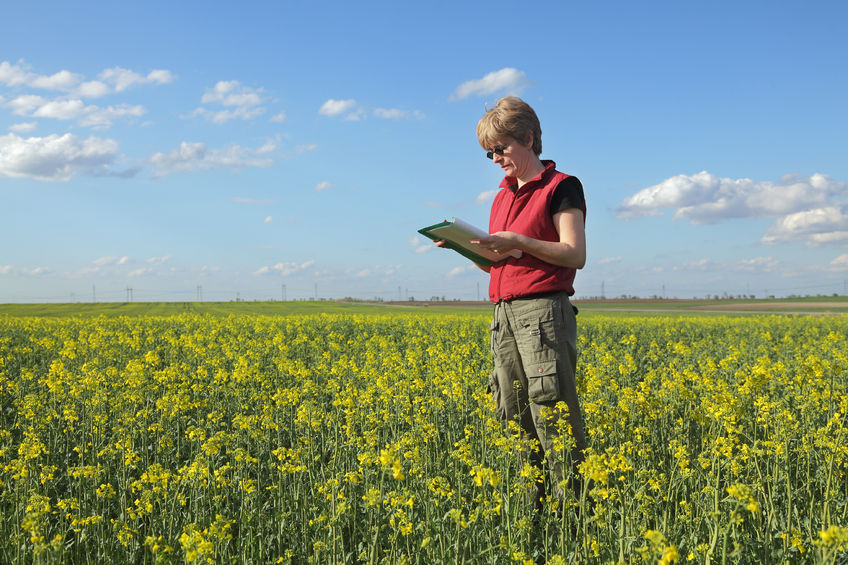
The United Nations is celebrating International Women’s Day today (8 March) by reinforcing the strength of women who live in rural areas in combatting world hunger.
Leaders from the three UN agencies, the Food and Agriculture Organization (FAO), the International Fund for Agricultural Development (IFAD) and the World Food Programme (WFP) reminded the world that women and girls play a crucial role in achieving the 2030 Agenda for Sustainable Development, in particular, the goal of eradicating hunger and extreme poverty.
"Women play a critical role in agriculture and food systems - not just as farmers, but also as food producers, traders and managers," said FAO Director-General José Graziano da Silva on the occasion of the Day.
"However, women still face major constraints in rural labour markets and in agricultural value chains. They are more likely to be in poorly paid jobs, without legal or social protection. This limits women's capacity to advance their skills, earn incomes and access employment opportunities."
In the UK, Anne, Princess Royal paid tribute to all the women who work behind the scenes in agriculture across the country.
Anne said: “For all those ladies working hard behind the scenes, who perhaps don’t have your names on the [business] letterheads, I hope you feel that progress has been made here.”
Unleashing women's potential
However, across the world, Graziano da Silva noted that the future of global food security depends on unleashing women's potential.
"Achieving gender equality and empowering women are crucial ingredients in the fight against extreme poverty, hunger and malnutrition which is strongly recognized by the 2030 Agenda for Sustainable Development," he said.
IFAD President Kanayo F. Nwanze said, "We need to face the fact that we will never overcome poverty and hunger without empowering rural women."
He added: "We have ample evidence from around the world that greater empowerment of women in rural and urban areas leads to higher economic growth and a better quality of life for women and men alike.
"Despite progress, it is still the case today that rural women's double burden of farm labour and unpaid domestic work prevents them from participating fully and fairly in income-generating activities.
"Improving rural women's access to technologies that save time and labour is essential to reducing their workloads. Transforming gender relations within the family is also crucial to empowering women and enabling them to make decisions about their lives."
